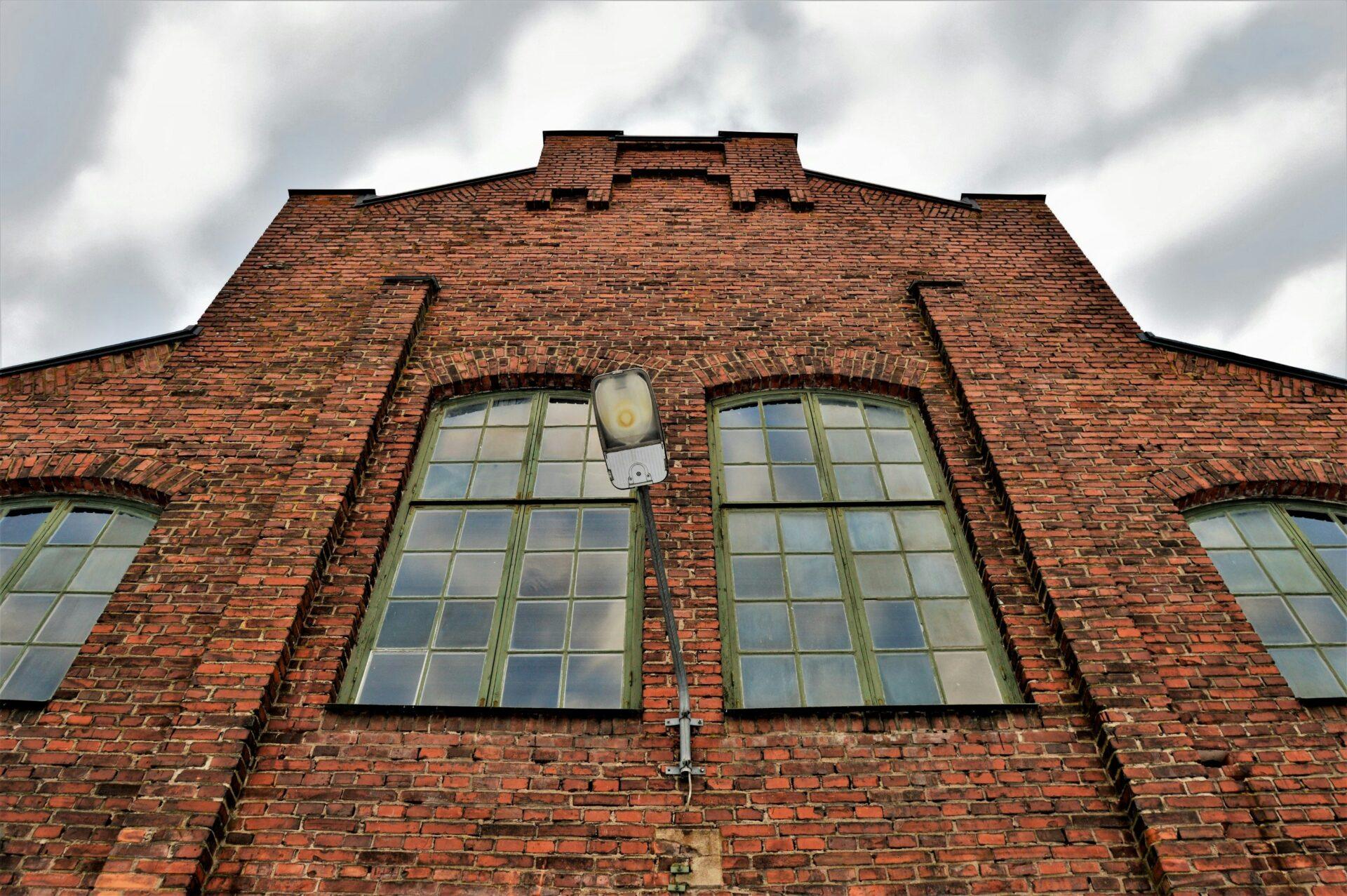
Sustainable management of existing brick masonry
Identifying knowledge gaps and future needs in demolition and circular practices.
PROJECT INFORMATION
Timeline
January – December 2025
Total cost of project
1 530 000 SEK
Swedish Energy Agency’s project number
P2024-02829
Coordinator
Lund University
Participants
Lund University, TMPB – Tungt Murat och Putsat Byggande, Morneon Fasad AB
Project manager and contact
Mohamad Kahengi: mohammad.kahangi@kstr.lth.se

There are more than 200 million square meters of brick façades in Sweden, most of them in good technical condition. Some buildings with brick façades are nearing the end of their service life, driving the need for a shift from traditional demolition to circular principles.
The reuse and recycling of bricks can reduce the amount of waste, while also contributing to Sweden’s goal of carbon neutrality by 2045. However, there are significant knowledge gaps when it comes to sustainable demolition of brick facades.
This project aims to synthesize existing knowledge and identify knowledge gaps linked to circular methods, with a focus on phases after demolition. Using the 9R framework – Refuse, Rethink, Reduce, Reuse, Repair, Refurbish, Remanufacture, Repurpose, Recycle, and Recover – we evaluate current demolition methods, reuse strategies, and recycling practices.
Through literature reviews, stakeholder interviews and site visits, we identify critical knowledge gaps and areas where innovation is required.
These are th expected results:
- A broad overview of existing methods and strategies.
- Identification of critical knowledge gaps.
- Recommendations for future research and innovation.
These results will be shared with architects, construction managers, policymakers, and researchers to promote resource-efficient practices. The project will support the transition to a circular economy, reduce waste and strengthen the sustainability of Sweden’s built environment.
